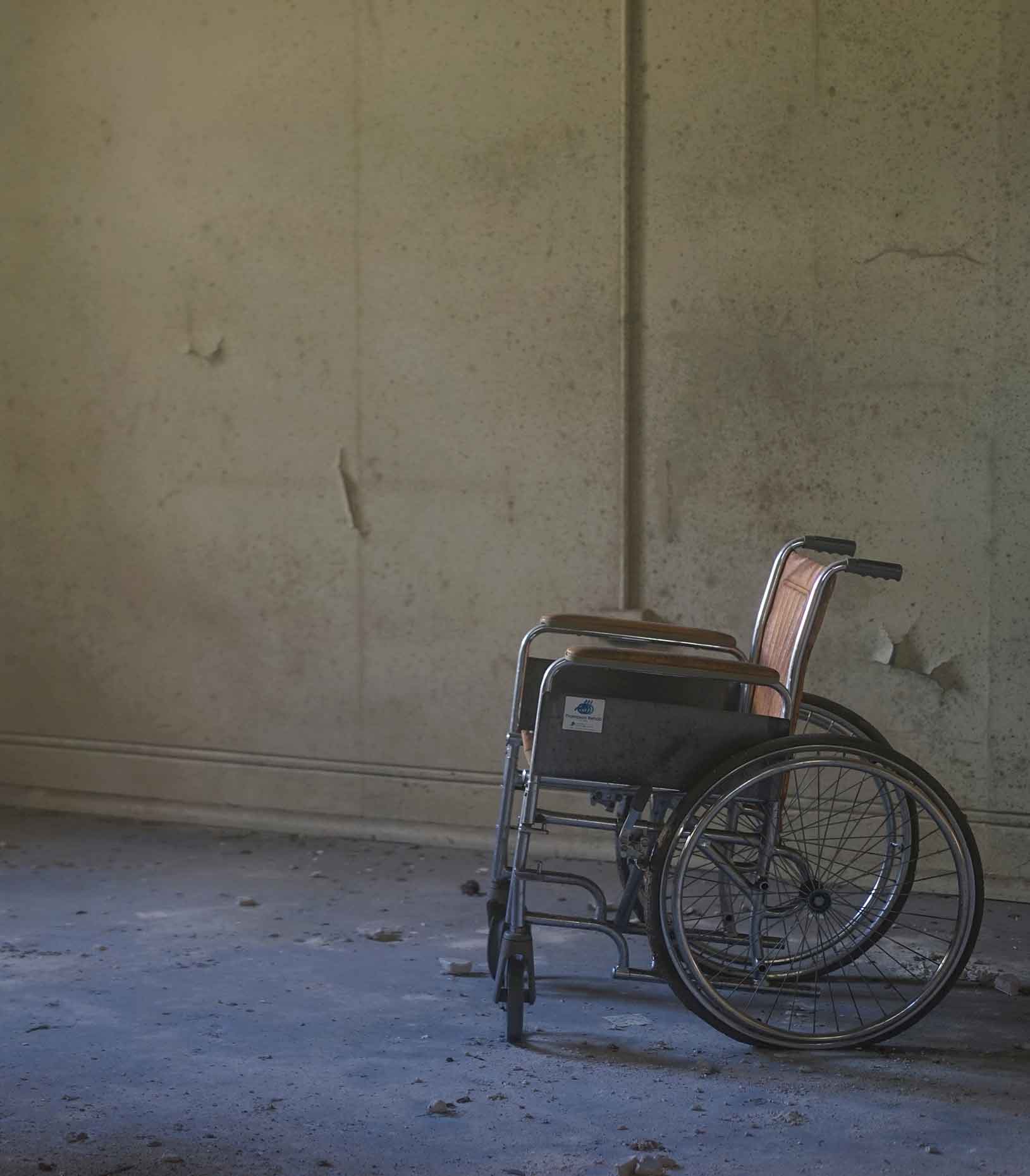Wellington Nursing Home Neglect Attorneys

Nursing home abuse is one of the most complicated areas of personal injury law. Having a skilled and experienced attorney by your side from the start will make the proceedings far less stressful because you will be able to focus on your loved one’s wellbeing while your lawyer handles the logistics of your case.
There are countless ways a nursing home resident can suffer abuse, but most cases are either physical, sexual, emotional, neglectful, or financial in nature. Sadly, it is not uncommon for victims to endure more than one form of abuse. For example, caregivers who are trying to take advantage of their patients financially may only check on them when they have something to gain from the interaction. Likewise, physical and sexual abuse often go hand-in-hand, as do physical and emotional abuse.
If you intend to file a nursing home abuse claim, you will need strong evidence to prove liability and damages. Unfortunately, the at-fault healthcare provider or facility might cover up evidence of negligence, so it is important that you consult an attorney at the earliest possible point in time.
If you have questions about the claims process or your case in particular, contact Donaldson & Weston. We have helped hundreds of clients just like you file personal injury and wrongful death claims in Florida. Our extensive experience gives us a skillset that few attorneys possess. Call 561-299-3999 to schedule a free case evaluation with a nursing home neglect lawyer in Wellington.
If you intend to file a nursing home abuse claim, you will need strong evidence to prove liability and damages. Unfortunately, the at-fault healthcare provider or facility might cover up evidence of negligence, so it is important that you consult an attorney at the earliest possible point in time.
If you have questions about the claims process or your case in particular, contact Donaldson & Weston. We have helped hundreds of clients just like you file personal injury and wrongful death claims in Florida. Our extensive experience gives us a skillset that few attorneys possess. Call 561-299-3999 to schedule a free case evaluation with a nursing home neglect lawyer in Wellington.
What Should I Bring to My First Meeting with a Nursing Home Abuse Lawyer?
After scheduling an initial consultation with a nursing home neglect lawyer, you should gather certain kinds of documentation and evidence so the meeting will be as productive as possible. If you do not have access to critical evidence, don’t worry; your attorney can help you take the necessary steps obtain it.
Below are a few types of evidence that can help your nursing home abuse attorney determine how to approach your case:
Below are a few types of evidence that can help your nursing home abuse attorney determine how to approach your case:
- Photographs of any visible injuries;
- Journal entries from your loved one that detail the abuse;
- Medical records;
- Financial statements;
- Photos and videos you have taken of your relative’s room; and
- Any written correspondence you have had with nursing home staff members, residents, or the insurance company.
